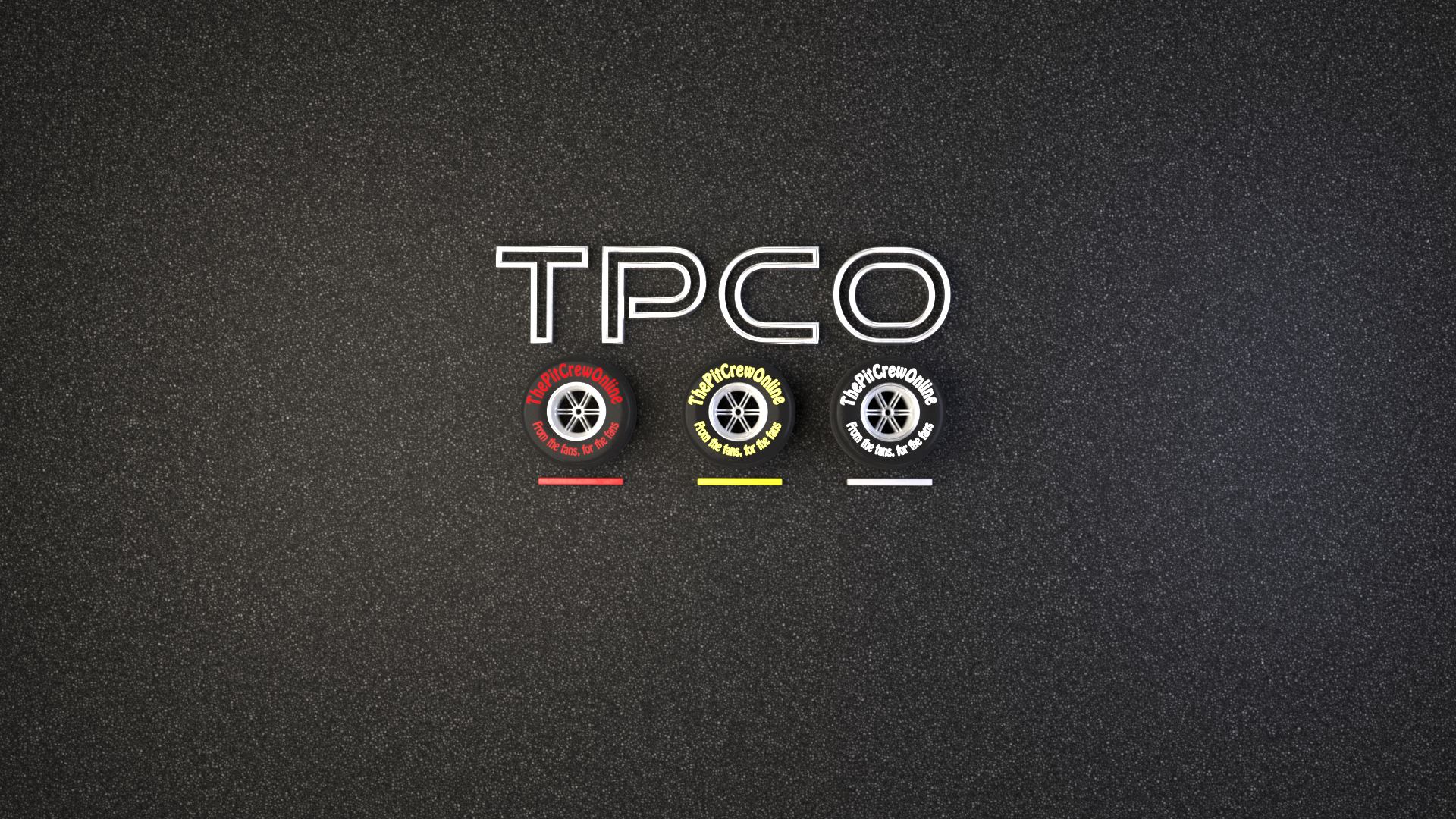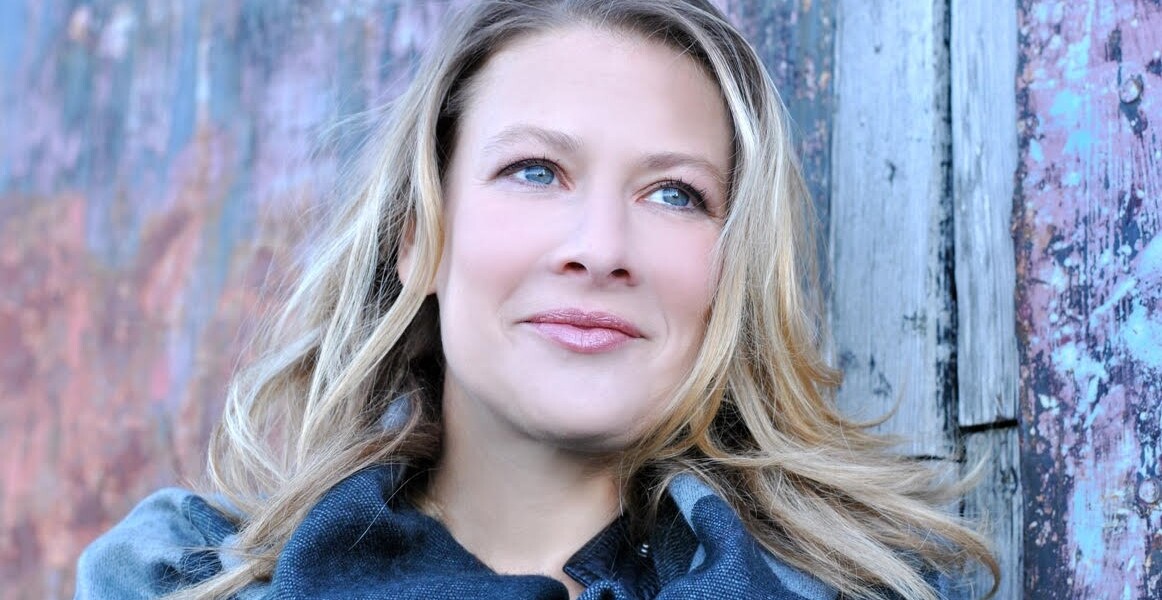UPDATE 2023
On this International Women’s Day, I’m fondly remembering my interview with Jennie Gow back in 2021. Jennie was a real pleasure to talk to and I’m still so grateful that she shared her time with us for this interview. I hope that you find it as inspiring and insightful as I do! Jennie recently experienced a stroke and is now working hard on her progress through daily rehabilitation. Despite her speech being most impacted, she has already been able to make a short appearance on BBC radio’s Chequered Flag F1 season preview. We at PCO congratulate her on this amazing achievement, and wish Jennie all the best for her continued recovery.
In her own words, Jennie Gow has covered “almost every motorsport that you can imagine”, from MotoGP to Formula E and Formula 1. Since our interview, it was announced that Jennie will be taking on a new challenge this year as a commentator for the new Extreme E series which begins in Saudi Arabia from 3rd-4th April.
Jennie talks us through her career journey, her preparation for a race weekend, and discusses her Fast Talkers podcast and career webinars which have kept her busy during lockdown.
Alison Finlay: You’ve been very busy during the pandemic with various projects on your YouTube channel, the Fast Talkers podcast and career webinars. Why did you decide to start both projects, and what is the plan for them once things start to return to ‘normal’?
JG: Motorsport has been amazing for me. It’s given me so much in my life, and I wanted to give a little back. I felt that at this point in time there are so many people out there feeling a bit lost and a bit scared, and intimidated and lacking motivation, and I just thought ‘this is a chance for me to reach out’ – even if it’s just one person who’s at home and feeling a bit blue – or who desperately wants to find a path in to motorsport – and if I can help them, then that’s amazing. I think if you sit around for too long not doing anything, your headspace can get a bit muddled. So, for me, it’s been really positive.
Fast Talkers is a little bit different; that’s more journalistic, and that was led by wanting to stay in touch with the people who have made up my family outside of my house for the last ten years, and the people I couldn’t see because I wasn’t going to the paddock. So, two slightly different things, but it feels like they both have a positive effect in the world, and that’s all I really wanted to do.
I’ve been really lucky to have a sponsor come on board to do the webinars because I was really struggling to be able to justify in a time where I’m earning nothing spending money on putting them together. So that’s been amazing, and the guys at New Channel Media have really stepped up to enable me to continue doing those. And those are the ones that inspire, educate [and] inform people and give a lot back. So that was really important to me and I hope that we’ll be able to carry those on. They might become a little more sporadic as people and lives get back to normal. But I still think, now everybody has Zoom, that hopefully we’ll still do some if I don’t feel that the market’s become too saturated. Because when I started there really wasn’t many people doing them, and now everyone’s doing them, which is great! But maybe it means that possibly I can step back a little bit, we’ll see!
And Fast Talkers: conversations are happening continually about where it goes and what happens with it; if somebody bigger wants to get involved, then that would be really exciting to see it expand out, but for the moment it’s a lot of work. I’m booking all the guests, I’m researching, I’m producing, I’m editing, so I feel there might be a time when I can’t do quite as many, but who knows!

AF: How did your own career in motorsport get started?
JG: I knew I wanted to be a journalist and I actually thought ‘I know what I want to do, I want to be a war correspondent’. I was doing work experience; gaining as much experience as I could, and I’d just done a session court reporting and [as] I was coming home there was a big crash, and I found that very hard to handle. I was one of the first responders: I was first aid trained at the time, so I helped out as much as I could, and after that I [thought] there’s no way I’m going to be able to deal with war reporting and being a correspondent at a war scene because I could hardly deal with that.
So, I changed tack quite quickly and thought I probably want to bring happiness to people rather than be too dour, and for me I’d always found happiness and comfort in sport. I qualified as a journalist and did loads of work experience. At the end I was incredibly fortunate to get quite a few different job offers and I chose to be a production secretary on Sports Personality of the Century. It seemed a good fit for me to learn my trade, and that’s what I wanted to – I wanted to be at the bottom, do everything; learn everything so I could make good choices going forward.
I ended up staying around the BBC and going to local radio. Local radio is a fantastic tool. If you want to be a journalist, a presenter, a broadcaster, I highly recommend going through BBC local radio because you get to do everything. You’re talking about very small teams on small budgets, so you learn huge amounts. And from there, I got into sports journalism and motorsport happened by chance. I was covering a Speedway race down in Bridgewater for the local radio station I worked for at the time and I guy came up and said ‘do you fancy doing some more?’ and that was the start of it really, and I’ve done almost every motorsport that you can imagine since that point. I’ve been really fortunate.
AF: I remember when Formula E first started with you leading the coverage and there were also several female drivers in the first couple of seasons, how different that felt compared to watching Formula 1. How important do you think it is that young women see themselves represented in motorsport?
JG: It’s so important. I was talking to somebody else about this the other day actually and they said you’ve got to imagine a seven-year-old girl sitting on her sofa. And that’s the problem with motorsport, is so many times, that young girl who could be inspired to get into motorsport just doesn’t have the role models out there. They’re not there yet, even now, there’s still so few. So how are we going to change it, how are we going to inspire the next generation to pick a spanner or to want to get into a go kart?
I think in 40 years’ time it will be a very different conversation, but right now we’re still at the forefront of changing diversity and inclusion, and sometimes to me it feels like I’m banging my head against a brick wall. But actually, you have to look at the positive results, and the way things are changing. And yes, it’s a very large ship that we’re trying to pull round in a U-turn. It’s going to take time, but equally we have to feel like every day we’re achieving something. And it’s our responsibility to make sure we are achieving something every day.
Read 2nd part here: bit.ly/3bsXTRj
Wyświetl ten post na Instagramie.

